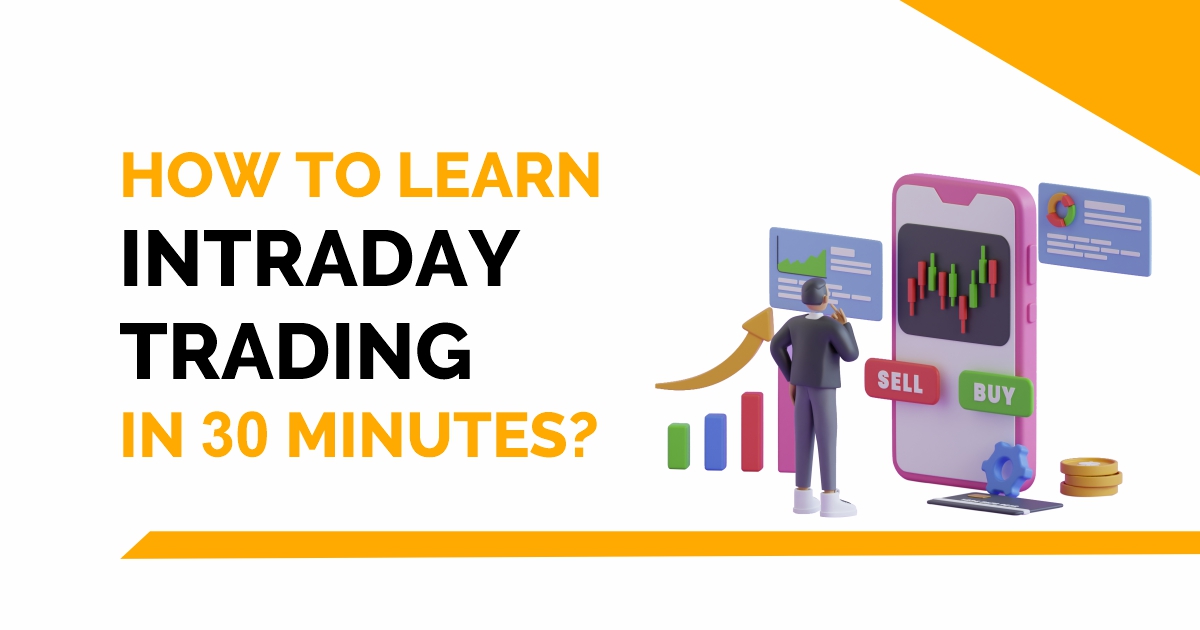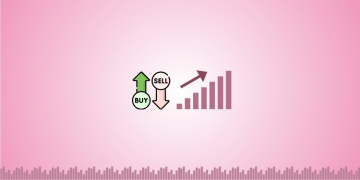In an interesting session as a part of the highly popular MarketShala series, conducted by Elearnmarkets; Mr. Vivek Bajaj, Co-founder of Elearnmarkets, and Mr. Chetan Panchamia, a prolific intraday trader and trainer with many years of experience came together to decode whether retail traders should trade in futures or options?
Here is a short discussion about this session. If you want to get a practical understanding of whether retail traders should trade in futures or options, watch the full video at the end of this blog.
Before discussing about future and derivatives, first we will discuss what is cash market and derivative market.
In the cash market, we place a buy order and take the delivery of the stocks.
Whereas in the derivatives market, we decide the price and quantity now but the actual payment and delivery is done at the future date which is on the settlement date i.e. last Thursday of the month.

What are Future and Options?
Both Futures and Options are derivative products.
The main difference between futures and options is that the buyer of the futures contract has the right and is also obligated to buy the underlying asset on the particular date in the future.
It is a leverage product where the traders get unlimited profits or losses depending on the movement of the prices.
Whereas the buyer of the options contract has the right but does not have the obligation to buy the underlying asset on the particular date. For this, the buyer has to pay a premium to the seller.
For example- Reliance is trading at 1250, so you think that it will go up, and you bought the call option at 1260 with the premium, if it goes up then you will get unlimited profits, but if it falls down then the loss incurred will be limited to premium.
Characteristics of the Sellers in the Derivatives market:
1. Speculator
If the Speculator trader thinks that the stock won’t sustain above 12000, the call option of 12000 has a premium of Rs. 120 so as an option seller, he will sell the call known as the Naked call.
If the prices go above 12000, then he will cut the losses but if it stays at 12000 only as an option seller, you will get the benefit of time value premium or theta loss.
2. Hedger
As a hedger, if you have Nifty BeES or a portfolio of Nifty of Rs. 1 crore, you think that Nifty will not cross 12,000 so as an option seller, you sell that call of this much value and you will get the premium.
If it goes above 12,000, then either you can sell your portfolio and book the loss in options or you can roll it next month at the same strike price so that you can get more strike price, this strategy is known as the covered call.
3. Arbitrage:
In arbitrage, a trader creates a position and buys the call of below 11,800 and sells 12,000 call. There are many strategies like Butterfly, Bull Call Spread and trader can earn from these strategies.
So it depends on the trader’s style of trading whether he wants to speculate, hedge or arbitrage.
Note that the novice traders should first learn about these strategies and then trade in the simple strategies like Bull Call Spread. In these types of strategies, there is limited risk and unlimited rewards.
Should you trade in Futures or Options?
In futures, there is so much leverage that sometimes you are not able to handle your positions if it goes far from your stop-loss levels.
If you want to have a long position in any stock or index, then having long positions in the future is the high risk strategy in the derivatives market, although it has the benefit of margins.
But when you are trading in options, then your loss is limited to premium only particularly on the buying side.
Even the seller of the option gets enough chances so that he can square off his position.
Whether you are an option seller or buyer, before applying these strategies you need to gain knowledge and experience before trading these strategies, particularly on the selling side.
You can watch the entire video on whether retail traders should trade in futures or options:
Achieve financial success! Explore our course to confidently learn futures and options trading for retail traders. Elevate your skills now!
You can also visit web.stockedge.com is a unique platform, which is 100% focused on research and analytics.
Happy Investing!










